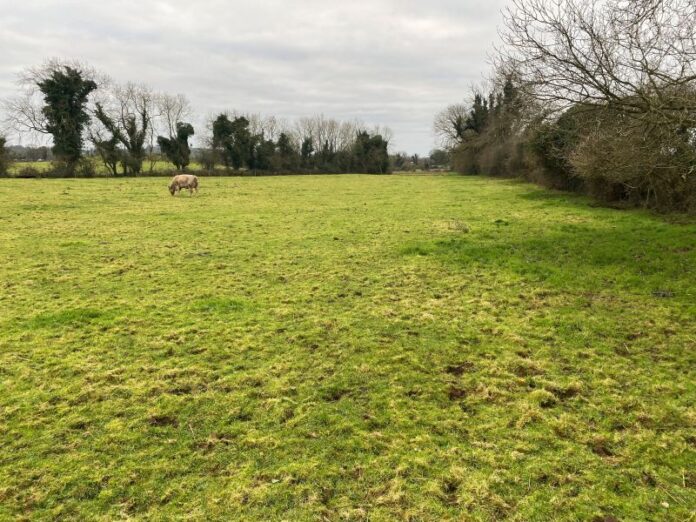Monkeypox
The HSE and Department of Agriculture, Food and the Marine have published advice in respect of monkeypox for the general public.
According to the DAFM, monkeypox is a disease which arises from infection by the monkeypox virus.
It explains that this is a zoonotic disease, meaning that it can spread between animals and humans.
The HSE outlines that monkeypox is a “rare” infection, mainly spread by wild animals in parts of central or west Africa.
Therefore, it says that the risk of catching the virus in Ireland is “very low”.
Transmission
It says that it may be possible to catch the virus by touching other products such as animal skin or fur from infected animals or consuming meat from an infected animal that has not been cooked thoroughly.
Moreover, it explains that it may be possible to catch monkeypox from an infected animal if you are bitten by it, or you touch its blood, spots, scabs, blisters, or body fluids.
Symptoms in humans:
Some of the first symptoms, according to the HSE’s guidance, are a high temperature, swollen glands, shivering, exhaustion, a headache, muscle aches and backache.
However, it does advise that a rash – which can usually appear within 1-5 days after the first symptoms – is evident, but it is “sometimes confused” with chickenpox.
In animals:
Meanwhile, the DAFM outlines the signs of the virus in animals.
It lists these as a fever, reduced appetite, respiratory signs, mouth ulcers, skin lesions which eventually scab over and discharge from/reddening of eyes.
Hosts
Meanwhile, the DAFM says that its full range of hosts is “uncertain”, but animals are known to be susceptible to infection.
These include primates and rodents such as:
- Mice;
- Rats;
- Hamsters;
- Gerbils;
- Guinea pigs;
- Prairie dogs;
- Squirrels.
It says that limited evidence is available on the risk to other mammalian pets – such as dogs, cats, and rabbits. and ferrets – becoming infected.
It advises that you must follow public health advice on self-isolation if you have a confirmed human case of the monkeypox virus.
An infected human, it explains, can transmit the virus to a pet following “close, direct” contact.
“You should avoid close contact with animals if you are infected with the monkeypox virus,” a DAFM spokesperson said.
To prevent transmission to other humans and animals, the DAFM advises you to:
- Avoid close contact with your pet(s). It is important that you avoid handling your pet.
- Take hygiene precautions when preparing your pet’s food, bedding, or litter.
- Keep your pet(s) indoors away from other humans and animals;
- Bring pets such as dogs outside for toileting purposes, if you have an outside enclosed space which is securely fenced;
- Hygienically remove animal faeces from the environment.
Prevent transmission
According to the DAFM, if your pet has monkeypox, to prevent transmission to other humans and animals, you must:
- It is important that you avoid touching and handling your pet, unless absolutely unavoidable. If it is at all possible, arrange to have a family member or friend look after your pet;
- Strictly follow hygiene precautions if it is not possible to avoid contact with your pet;
- Take hygiene precautions when preparing your pet’s food, bedding or litter, e.g., wear a mask and gloves, and avoid contamination from your rash/ lesions;
- Keep your pet(s) indoors, away from other humans and animals, for 21 days following your last contact with your pet;
- You may bring pets such as dogs, outside on a leash for toileting purposes, if you have an outside enclosed space which is securely fenced;
- Hygienically remove animal faeces from the environment.
Other articles:
Two tractor drivers stopped for towing unsecured loads of bales





